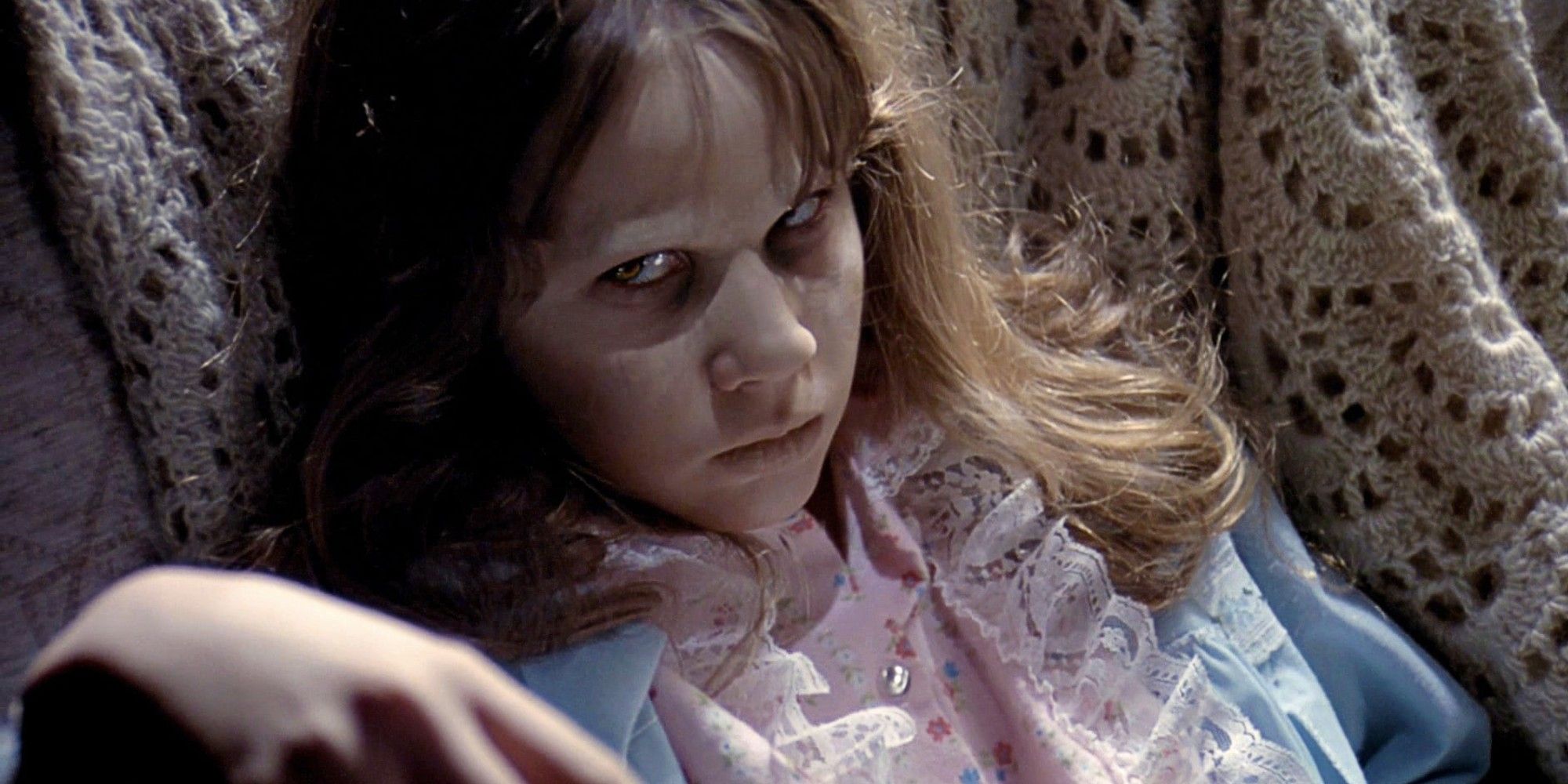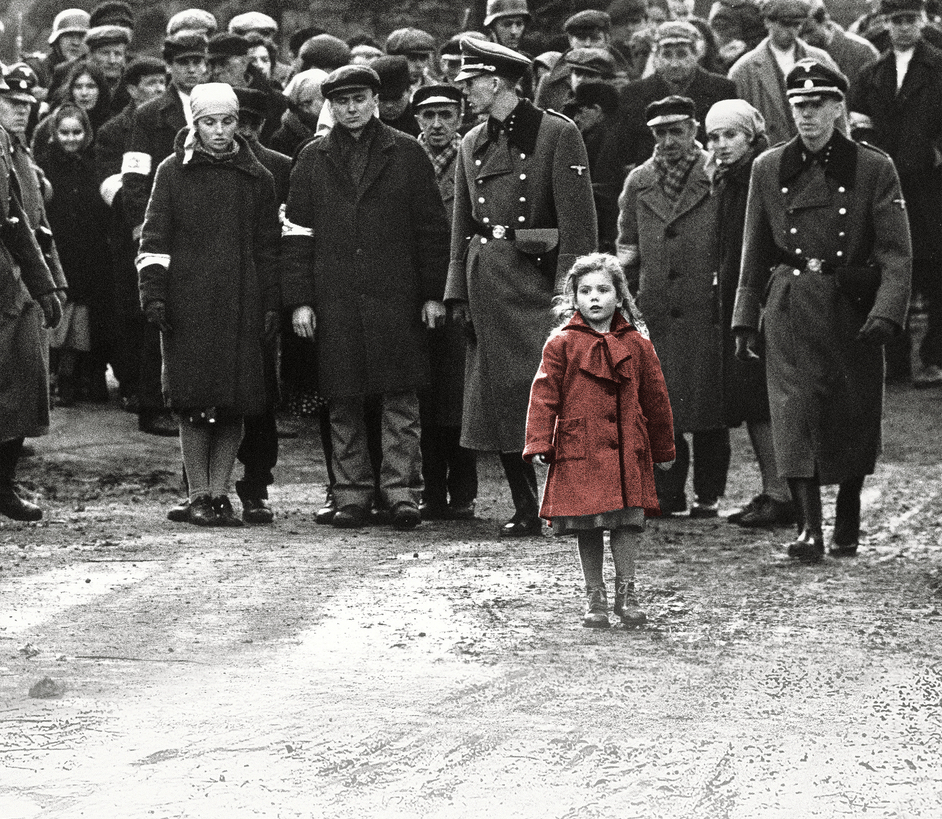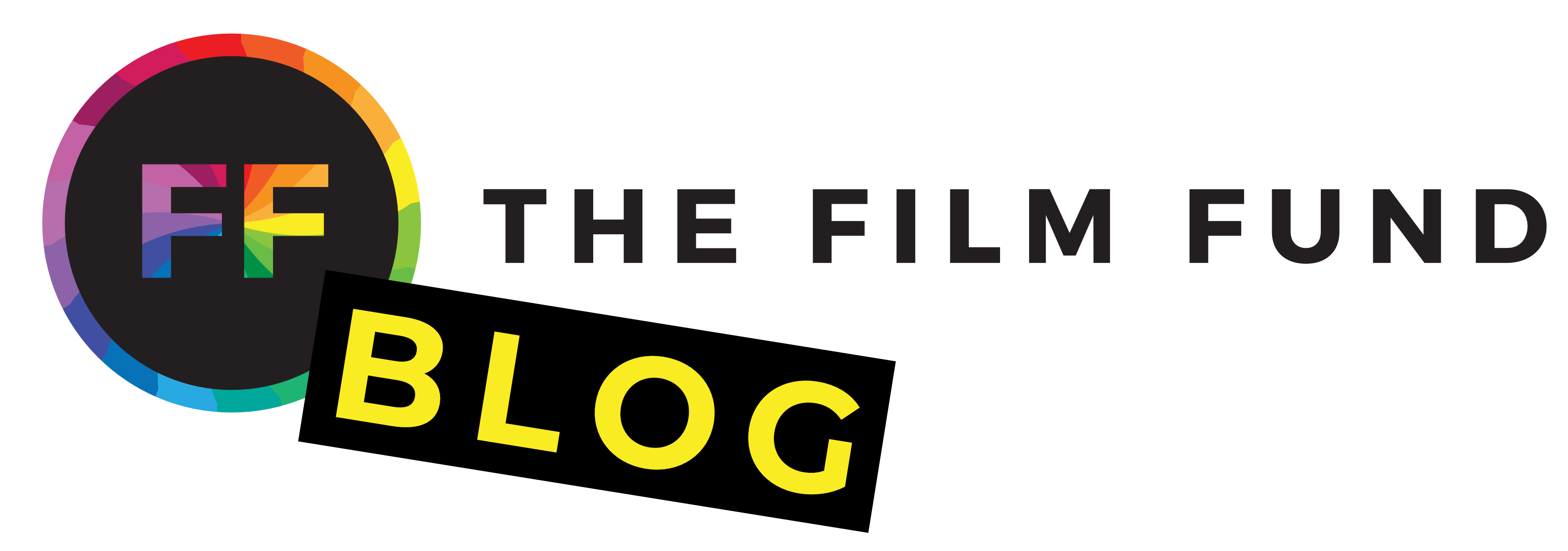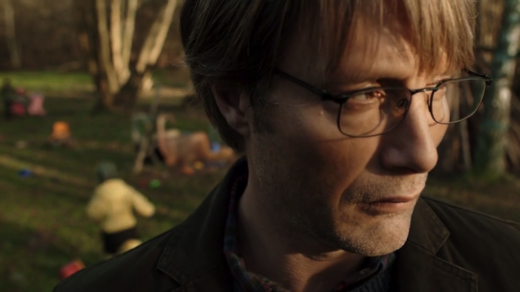Movies hold a unique power to elicit a wide range of emotions within us, transporting us to new realms and allowing us to experience the world through the eyes of characters on the screen. Filmmakers are adept at crafting stories that tug at our heartstrings, make us jump with fear, or leave us breathless with excitement. By skillfully manipulating emotions, these maestros of the silver screen can create unforgettable moments that resonate long after the credits roll.
But how do movies achieve this emotional manipulation? Through a combination of storytelling techniques, visual aesthetics, music, and more, filmmakers have the ability to carefully engineer the emotional journey of their viewers. From the heartwarming tales that ignite a sense of joy to the nail-biting thrillers that keep us on the edge of our seats, films have a way of connecting with our deepest emotions and leaving an indelible mark on our hearts and minds.
In the following sections, we will delve deeper into the intricacies of emotional manipulation in films. We will explore the connection between emotions and storytelling, learn various techniques used to manipulate emotions, and analyze the impact of emotions in different movies. So sit back, relax, and get ready for an enlightening exploration of how movies manipulate emotions, taking us on unforgettable cinematic journeys.
Understanding the Emotional Impact of Movies
The Connection Between Storytelling and Emotions
To truly grasp the profound effect movies have on our emotions, it’s essential to recognize the powerful connection between storytelling and the human psyche. Movies have a remarkable ability to transport us into different worlds, allowing us to empathize with characters and experience their triumphs, struggles, and heartbreaks. Through compelling narratives and relatable characters, films create an emotional resonance that lingers with us long after the lights in the theater dim.
How Visuals and Cinematography Impact Emotions

Visual aesthetics play a pivotal role in enhancing the emotional impact of movies. From stunning cinematography to carefully crafted set designs, the visual elements in films can elicit specific emotions, whether it’s the awe-inspiring beauty of a breathtaking landscape or the claustrophobic tension of a confined space. Moreover, the use of color palettes, lighting techniques, and visual symbolism can further amplify the emotional tone of a scene, manipulating our feelings in subtle yet powerful ways.
How Music and Sound Impact Emotions
Music and sound design are also integral components in the emotional manipulation toolbox of filmmakers. A soaring orchestral score can evoke a sense of wonder and grandeur, while a haunting melody can send shivers down our spines. Sound effects and ambient sounds help create atmosphere and build tension, heightening our emotional responses to the unfolding story. The combination of visuals, music, and sound design harmonizes to create an immersive cinematic experience that skillfully manipulates our emotions, enveloping us in a whirlwind of feelings.
Coming up, we will explore the specific techniques filmmakers employ to masterfully manipulate emotions in movies. From character development to plot twists, we’ll uncover the secrets behind the scenes that keep us emotionally engaged and invested in the stories we watch on the silver screen.
Techniques Used in Emotional Manipulation
Character Development and Relatability
Filmmakers employ a myriad of techniques to skillfully manipulate our emotions and immerse us in the world they’ve created. One crucial aspect is the development of compelling and relatable characters. When we connect with characters on an emotional level, their triumphs and hardships become our own. We root for their success, feel their pain, and celebrate their victories. By crafting well-rounded characters with depth and complexity, filmmakers create a powerful emotional bond that keeps us invested in their stories.
Plot Twists
Plot twists and unexpected turns are another effective tool in the filmmaker’s arsenal to manipulate our emotions. Whether it’s a shocking revelation, a sudden reversal of fortune, or an unforeseen outcome, these narrative surprises evoke a range of emotions, from excitement and suspense to disbelief and astonishment. Skillfully executed plot twists can leave us reeling, questioning our assumptions, and intensifying the emotional rollercoaster of the movie-watching experience.
Symbolism and Metaphors
Visual symbolism and metaphorical storytelling are additional techniques that filmmakers employ to manipulate emotions. Through carefully chosen symbols and metaphors, they convey deeper meanings and evoke specific emotions in viewers. Symbolic representations, such as a broken mirror reflecting shattered hopes, or a solitary figure standing against a stormy backdrop, can evoke feelings of sadness, isolation, or resilience. Metaphorical storytelling allows filmmakers to communicate complex emotions and ideas in a visual language, creating a profound impact on the audience’s emotional state.
Atmosphere
Crafting atmospheric settings is yet another crucial aspect of emotional manipulation in movies. The environments in which stories unfold can shape the mood and tone of a film, evoking specific emotions in viewers. Whether it’s the eerie darkness of a haunted house, the bustling streets of a vibrant city, or the tranquil beauty of a serene countryside, the setting plays a vital role in immersing us in the emotional landscape of the film. Filmmakers meticulously design and curate these settings to evoke desired emotional responses, enveloping us in a world that resonates with our feelings.
In the upcoming section, we will dive into the fascinating world of emotional themes in films. We will explore how different genres evoke specific emotions, discussing movies that make us laugh, cry, tremble with fear, and even ignite a fiery anger within us.
Analyzing Emotional Themes in Film
Films have an incredible power to elicit a vast array of emotions, and different genres excel at manipulating specific emotional responses. Let’s take a closer look at a few of these emotional themes and the movies that masterfully manipulate our feelings.
Joy

First, we have movies that evoke happiness and joy. These films whisk us away to magical worlds filled with laughter, warmth, and a sense of wonder. One example of a film that evokes joy would be “The Grand Budapest Hotel”. This whimsical and visually stunning film takes us on a delightful adventure through the fictional European hotel and the eccentric characters who inhabit it. With its distinctive storytelling style, vibrant color palette, and quirky humor, “The Grand Budapest Hotel” creates a world that is charming, enchanting, and puts a smile on the faces of its viewers.
Fear

On the opposite end of the emotional spectrum, we have films that provoke fear and suspense. From gripping psychological thrillers to bone-chilling horror flicks, these movies expertly manipulate our primal fears and keep us on the edge of our seats. A particularly frightful movie would be “The Exorcist”. This film is notorious for its intense and disturbing scenes that push the boundaries of horror. The film delves into themes of religion, faith, and the supernatural, and its shocking and unsettling moments have made it a staple in the genre. The movie skillfully builds suspense, utilizing eerie sound design, atmospheric cinematography, and chilling performances to create an overwhelming sense of terror.
Sadness

Moving on, there are films that elicit sadness and empathy, tugging at our heartstrings and leaving us emotionally moved. These movies often explore themes of loss, heartbreak, or human struggles. One notable movie that evokes these sorts of feelings is “Schindler’s List”. It masterfully captures the emotional weight of the Holocaust through its haunting cinematography, evocative score, and compelling performances. The film’s black-and-white visual style, combined with the portrayal of devastating events and the personal stories of individuals caught in the midst of the Holocaust, creates a somber and deeply affecting atmosphere.
Anger

Next, there are movies that stir anger and frustration, igniting a fiery emotional response within us. These films often address social or political issues, shining a light on injustice, inequality, or the darker aspects of human nature. In this case, an example would be “The Founder”. In this biopic, we learn how Ray Kroc goes from a floundering salesman to the head of the most well-known fast-food chain in the world: Mcdonald’s. The film paints Kroc as a sharp businessman who will do whatever it takes to be the top dog, even if it means divorcing his wife, stabbing his business partners in the back, and taking advantage of others around him. This movie wonderfully illustrates how sometimes rotten people can be the most successful of all, evoking anger and frustration in its viewers.
In the next section, we will delve into the broader impact and importance of emotional manipulation in filmmaking, examining how it shapes our experiences and connects us on a profound level.
The Impact and Importance of Emotional Manipulation in Film
Fostering Empathy and Understanding

The emotional manipulation employed by filmmakers serves a profound purpose in the world of cinema. By skillfully crafting stories that elicit specific emotions, movies have the ability to create memorable and transformative experiences for viewers. This impact goes beyond mere entertainment, as films have the power to foster empathy, understanding, and a deeper connection to the human experience.
Creating Memorable Experiences
Emotional manipulation in filmmaking enhances the overall quality and effectiveness of movies. When we are emotionally invested in a film, we become active participants in the story, experiencing its highs and lows alongside the characters. This emotional engagement elevates our viewing experience, making the movie more immersive and captivating. By manipulating our emotions, filmmakers can create a lasting impression, leaving an indelible mark on our memories and influencing our perceptions of the world around us.
Facilitating Social Change
Furthermore, emotional manipulation through films can serve as a powerful tool for communication and social impact. By addressing important social issues, filmmakers can leverage emotions to evoke empathy and inspire change. Movies have the ability to shine a spotlight on diverse perspectives, promote understanding, and foster conversations about topics that might otherwise remain unexplored. By manipulating emotions, filmmakers can touch hearts, challenge beliefs, and drive social change.
In Conclusion
As we reach the end of our exploration into the art of emotional manipulation in films, we are reminded of the incredible power movies hold in capturing our hearts and minds. Throughout this journey, we have uncovered the techniques filmmakers use to skillfully manipulate emotions, from character development and plot twists to visual symbolism and atmospheric settings. We have seen how different genres elicit specific emotional responses, taking us on exhilarating emotional rollercoasters.
The ability of movies to manipulate emotions is not only a testament to the craftsmanship of filmmakers but also a reflection of the profound impact that storytelling can have on our lives. By immersing ourselves in the world of film, we allow ourselves to experience a wide range of emotions, from joy and fear to sadness and anger. These emotional journeys leave a lasting impression, shaping our perspectives, fostering empathy, and inspiring us to embrace the complexities of the human experience.
So, the next time you watch a movie, pay attention to the emotions it evokes within you. Appreciate the artistry and intention behind the emotional manipulation, and recognize the impact it has on your own psyche. And if you’d like to bring your emotional journey to life, enter our film funding contest. You could win up to $10,000 for the production of your short film by pitching your movie to us. No need to submit a full script; all you need to submit is a single-sentence pitch. Head to our sign-up page and submit your pitch now!





3 Responses
[…] let’s talk about emotions and introspection, where movies about dystopian societies become more than visual […]
[…] transforms audiences into participants. We’re no longer passive viewers; we’re actively immersed in the unfolding drama. As characters move through space and time, so do we, experiencing their […]
[…] the world of storytelling, emotions are like the colors on a painter’s palette. They range from the darkest blues of sorrow to […]